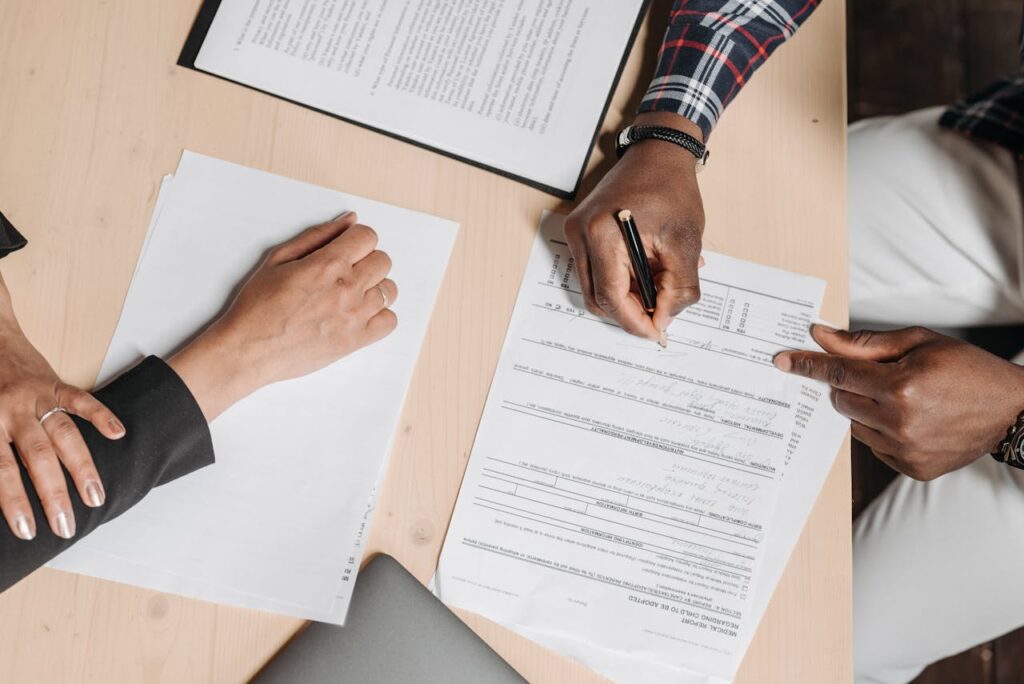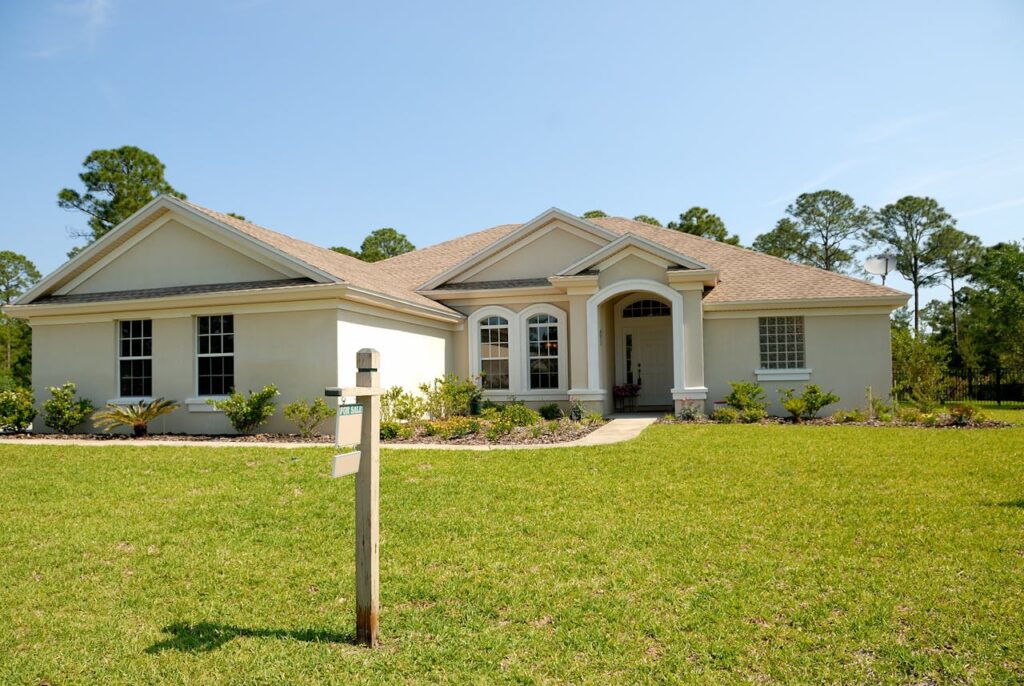Closing on a home is an exciting milestone, but it often comes with a hefty price tag beyond the down payment. Mortgage closing costs can be overwhelming, with a long list of fees and charges that can quickly add up. In the U.S., average mortgage closing costs can vary from state to state, but generally vary from 1.2% to 2.47% of the purchase price.
This complete guide will break down what makes up mortgage closing costs, explaining what they are, who pays them, and how to potentially reduce them.
What Are Mortgage Closing Costs?
Mortgage closing costs are fees and expenses paid at the closing of a real estate transaction. They cover services related to securing the mortgage and finalizing the property transfer. Both buyers and sellers usually contribute to closing costs, but the breakdown often varies depending on the specific deal.
The Importance of Understanding Mortgage Closing Costs
Understanding mortgage closing costs can help you accurately budget for your home purchase. These costs can significantly affect your finances, so knowing what to expect is essential. Beyond your budget, understanding mortgage closing costs can help you compare different lenders and loan options, identifying potential cost-saving opportunities. Last but not least, being aware of mortgage closing costs can help you avoid surprises at the closing table, ensuring a smoother and less stressful home buying experience.

Types of Mortgage Closing Costs
Next, let’s explore the different types of mortgage closing costs to expect. Keep in mind that these costs and fees may vary by lender.
Lender Fees
Lender fees include several different types of fees, including:
- Origination Fees: The lender’s charge for processing your mortgage application.
- Discount Points: Prepaid interest that’s paid upfront to lower your interest rate.
- Loan-Origination Charges: Specific fees associated with different stages of the loan process, like:
- Underwriting Fees: Covering the cost of assessing your financial risk.
- Processing Fees: Covering the cost of gathering and verifying your loan documents.
- Closing Fees: Covering the administrative costs of finalizing the loan.
Third-Party Fees
Third-party fees are charged by independent companies that are involved in the closing process. Here’s a breakdown of the two most common fees:
- Appraisal Fee: This fee covers the cost of a professional appraiser who determines the market value of your property.
- Title-Related Costs: These include title search, title insurance, and closing protection letters.
Prepaid Costs
Prepaid costs are essentially advance payments made at closing to cover future expenses related to homeownership. Two common prepaid costs are:
- Homeowners Insurance: A portion of your annual homeowners insurance premium is typically paid at closing, which is placed into an escrow account.
- Property Taxes: A portion of your annual property taxes is usually due at closing, which is held in escrow until your tax bill is due.
Government Fees
Government fees are charged by local, county, or state government agencies to record the property transfer. A couple of common examples include:
- Recording Fee: These are charges for officially recording the deed and mortgage documents at the county recorder’s office.
- Transfer Taxes: These are taxes imposed by state or local governments on the transfer of property ownership.

Factors That Affect Mortgage Closing Costs
Several factors can affect the total amount of your mortgage closing costs, including:
- Loan Amount
- Loan Type
- Property Location
- Lender Fees
- Credit Score
- Down Payment
- Property Value
- Market Conditions
- Negotiation
Having a solid understanding of these factors can help you better anticipate and reduce your closing costs.
How to Reduce Mortgage Closing Costs
There’s no doubt that mortgage closing costs can put a big dent into your savings account. Reducing them can help you save hundreds, or even thousands, when you close on your new home. Here are some strategies that may help you reduce your closing costs:
- Shop for Lenders: Different lenders have different fee structures.
- Negotiate with the Seller: Depending on the market, sellers might be willing to contribute to closing costs to incentivize buyers.
- Improve Your Credit Score: A better credit score may help you lower your interest rate, potentially reducing closing costs.
- Shop for Title Insurance: Compare quotes from different title insurance companies.
- Understand Your Loan Estimate: Review the Loan Estimate carefully to identify potential areas for negotiation.
Who Pays Mortgage Closing Costs?
If this is your first home purchase or sale, you may be wondering what mortgage closing costs you’re responsible for covering. Next, we’ll cover which closing costs are covered by the buyer vs. the seller in a transaction.
Mortgage Closing Costs for Buyers
Buyers typically cover various fees associated with securing the mortgage and finalizing the property transfer. Common costs for buyers include loan origination fees, appraisal fees, title insurance, property taxes, homeowners insurance, and recording fees. While the exact amount can vary based on several factors, closing costs are on average 1.2% to 2.47% of the loan amount.
Mortgage Closing Costs of Sellers
The most significant expense is often the real estate agent commission, which can range from 5% to 6% of the sale price. Additionally, sellers are responsible for transfer taxes, which are levied on the property transfer. Other potential seller costs include outstanding property taxes, homeowner association fees, and title fees.

Final Thoughts: Mortgage Closing Costs
Understanding mortgage closing costs is essential for both homebuyers and sellers to properly budget for their real estate transactions. In this guide, we’ve broken down the various fees and charges that you can expect on both ends, providing you with an idea of what costs to expect. While closing costs can seem overwhelming, careful planning, comparison shopping, and negotiation can help you reduce them. With your new-found knowledge, you can approach your home purchase or sale with confidence and feel financially prepared for your next chapter.
Ready to take the next step in your home buying journey? Book a free consultation with Defy to explore your loan options and get a better idea of your potential closing costs. We offer a wide range of loans and would be happy to help you find the perfect fit for you!




